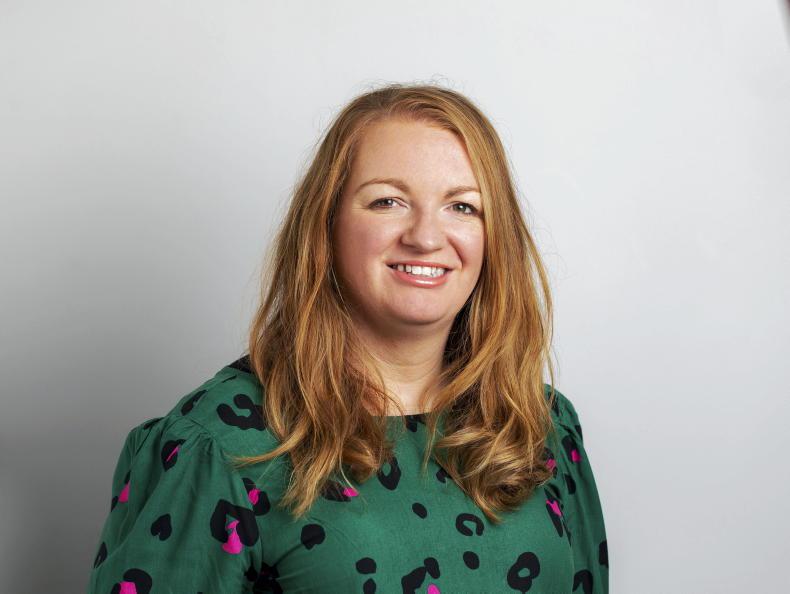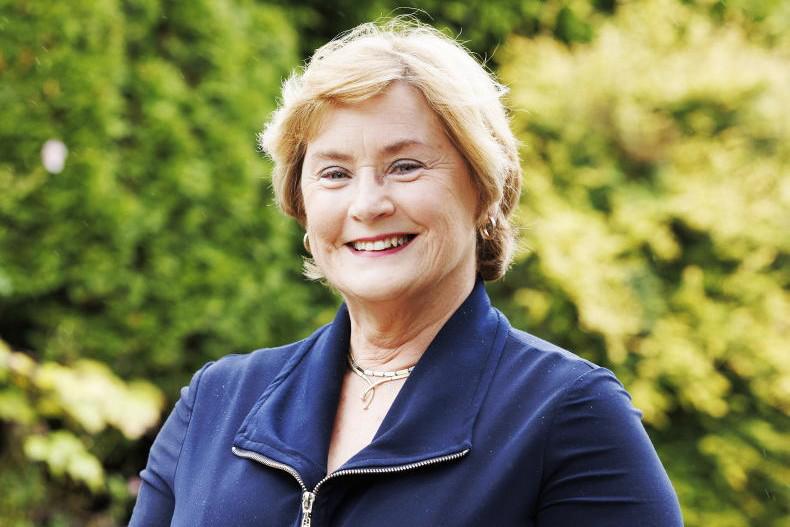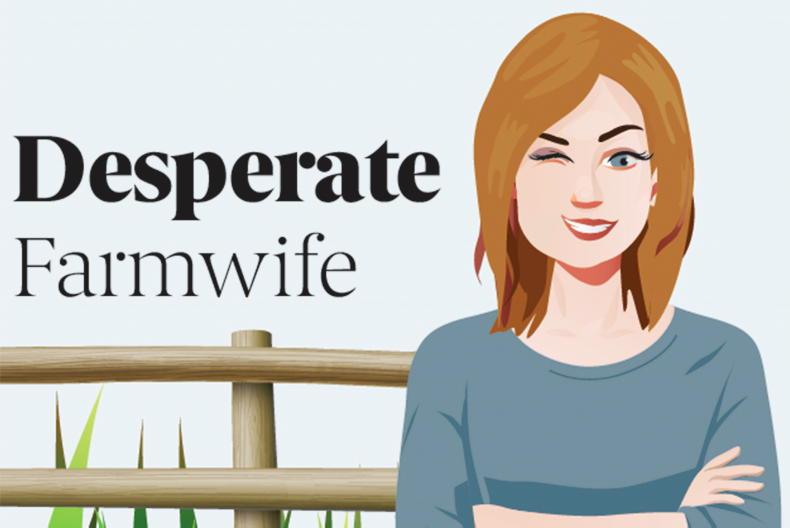We just finished the third (and, apparently, final) season of Clarkson’s Farm on Amazon Prime. Love or hate Jeremy Clarkson, you have to admit he is entertaining and Clarkson’s Farm has done wonders in terms of making the average citizen understand a bit more about what farmers go through each year to produce the food on your plate.
I found this final season even more interesting because it was all based around a wager with his farm manager, Caleb, on who would make more money: Caleb, who would manage all of the tillage area, or Jeremy, who would try to ‘farm the unfarmed’.
By farming the unfarmed, he meant foraging for things like sloe and blackberries for jam to sell in his farm shop. He also transformed an old bunker into a mushroom-growing unit, invested in pigs, planted mustard for making his own mustard and tried his hand at hunting deer for venison.
Foraging
I identified with this storyline because I think in many ways, it mirrors what women on Irish farms have been doing for generations – finding the value in areas of the farm which might not appear valuable right away.
Milk on its own is great, for example, but if you turn it into butter and cheese you extend the shelf life and add value to the product. We all know that even before Irish farmhouse cheese became a thing, it was our grandmothers and great-grandmothers who were making it at home – both to enjoy and to sell.
Foraging was not just a way to gather food; foraged herbs, plants and other ingredients were used for medicinal purposes and many farmwives once knew which plant was used for what.
Women on farms extended the seasons by growing and preserving their own fruits and vegetables in jam, jellies, relishes and pickles.
This might be coming across as nostalgic to the extreme, and – don’t get me wrong – I love my new, modern farmhouse with hot water on demand and decent wi-fi. I am not sure what I’d do if I had to do the washing for all of my kids and husband by hand.
I am also really glad that we have things like vaccines, which helped ensure my children stayed healthy; particularly as babies and toddlers.
But there is still something about our heritage and the way we used to do things which excites me.
Polytunnel
While my dear, long-suffering husband becomes increasingly obsessed with artificial intelligence and smart technology, I am finding quiet moments in my polytunnel, trying to discern whether the seeds I tried to save last year will grow. While my kids have their faces stuck to their screens, I am reading ancient cookery books to learn how to make gorse flower wine (and will it taste nice, do you think?).
I am not from this farm; I married into it, but as I get a bit older and grow to love the land a bit more each year, I feel the need to respect its history to the fullest extent.
We used to have bee hives. Is that going to be my next project? Will I ever be able to grow enough vegetables to share with neighbours and our local community? Can I figure out butter and cheese-making, to bring it back locally? How can I farm our un-farmed? Unlike Jeremy Clarkson, my reasoning isn’t financial in nature. I want to create something my children might one day want to continue on with.
But, sure, if someone wants to pay me to grow beetroot and make butter, I won’t say no.
Read more
Desperate Farmhusband: it takes a village to raise a farm
Desperate Farmwife: the time has come to fly the coop
We just finished the third (and, apparently, final) season of Clarkson’s Farm on Amazon Prime. Love or hate Jeremy Clarkson, you have to admit he is entertaining and Clarkson’s Farm has done wonders in terms of making the average citizen understand a bit more about what farmers go through each year to produce the food on your plate.
I found this final season even more interesting because it was all based around a wager with his farm manager, Caleb, on who would make more money: Caleb, who would manage all of the tillage area, or Jeremy, who would try to ‘farm the unfarmed’.
By farming the unfarmed, he meant foraging for things like sloe and blackberries for jam to sell in his farm shop. He also transformed an old bunker into a mushroom-growing unit, invested in pigs, planted mustard for making his own mustard and tried his hand at hunting deer for venison.
Foraging
I identified with this storyline because I think in many ways, it mirrors what women on Irish farms have been doing for generations – finding the value in areas of the farm which might not appear valuable right away.
Milk on its own is great, for example, but if you turn it into butter and cheese you extend the shelf life and add value to the product. We all know that even before Irish farmhouse cheese became a thing, it was our grandmothers and great-grandmothers who were making it at home – both to enjoy and to sell.
Foraging was not just a way to gather food; foraged herbs, plants and other ingredients were used for medicinal purposes and many farmwives once knew which plant was used for what.
Women on farms extended the seasons by growing and preserving their own fruits and vegetables in jam, jellies, relishes and pickles.
This might be coming across as nostalgic to the extreme, and – don’t get me wrong – I love my new, modern farmhouse with hot water on demand and decent wi-fi. I am not sure what I’d do if I had to do the washing for all of my kids and husband by hand.
I am also really glad that we have things like vaccines, which helped ensure my children stayed healthy; particularly as babies and toddlers.
But there is still something about our heritage and the way we used to do things which excites me.
Polytunnel
While my dear, long-suffering husband becomes increasingly obsessed with artificial intelligence and smart technology, I am finding quiet moments in my polytunnel, trying to discern whether the seeds I tried to save last year will grow. While my kids have their faces stuck to their screens, I am reading ancient cookery books to learn how to make gorse flower wine (and will it taste nice, do you think?).
I am not from this farm; I married into it, but as I get a bit older and grow to love the land a bit more each year, I feel the need to respect its history to the fullest extent.
We used to have bee hives. Is that going to be my next project? Will I ever be able to grow enough vegetables to share with neighbours and our local community? Can I figure out butter and cheese-making, to bring it back locally? How can I farm our un-farmed? Unlike Jeremy Clarkson, my reasoning isn’t financial in nature. I want to create something my children might one day want to continue on with.
But, sure, if someone wants to pay me to grow beetroot and make butter, I won’t say no.
Read more
Desperate Farmhusband: it takes a village to raise a farm
Desperate Farmwife: the time has come to fly the coop









SHARING OPTIONS